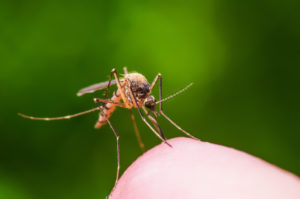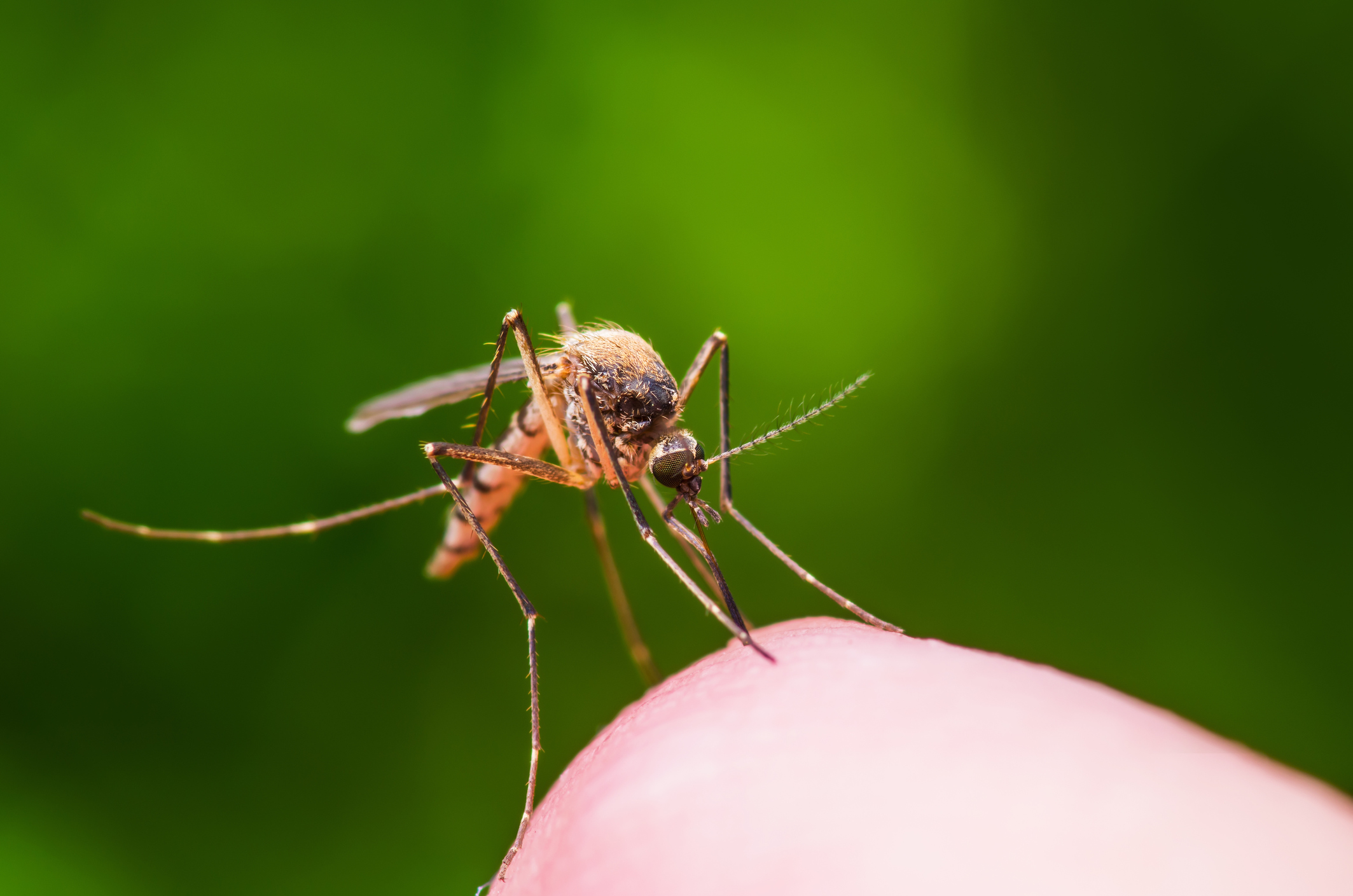The first genetically modified mosquitoes are set to be released in the Florida Keys.
According to Fox News, the U.K.-based biotechnology company Oxitec has partnered with the Florida Keys Mosquito Control District to produce a set of genetically modified mosquitoes that would help combat insect-borne viruses Zika, Dengue fever and Malaria. The news outlet reports that the disease-spreading typically comes from female Aedes aegypti mosquitoes in the region.
The genetically modified mosquitoes are males, which don’t bite. They will be released in small areas in a select number of neighborhoods between mile markers 10 and 93 in the Keys, writes Fox News reporter Julia Musto.
Oxitec Head of Regulator Affairs Dr. Nathan Rose said he hopes the project will be successful in passing a “self-limiting” gene from its genetically modified males to their female partners. If it does, it will stop new offspring from maturing into adulthood and lower the insects’ population. On Friday, Rose said that the mosquito-borne disease in the U.S. is “actually becoming a problem.”
Back in Summer 2016, the Zika virus broke out in the Keys; the area also saw a Dengue fever breakout as well. According to the U.S. Centers for Disease Control and Prevention (CDC), 29 people within a 6-block prompted the need for an aerial spray to control the mosquitoes. Between 2010 and 2020, there have been more than 7,300 Dengue cases reported. However, most cases are contracted outside of the States.
“So, mosquito-borne disease is a thing in the U.S., and it’s likely to get worse in the future as a result of climate change [and] as these mosquitoes kind of move farther and farther north from the Gulf Coast into more and more of the continental U.S.,” Rose told Fox News. “So, the diseases are a big problem because these particular diseases don’t have any effective vaccines or medications to treat them [and] the only way to control them is actually to control the mosquitoes that spread them…”




